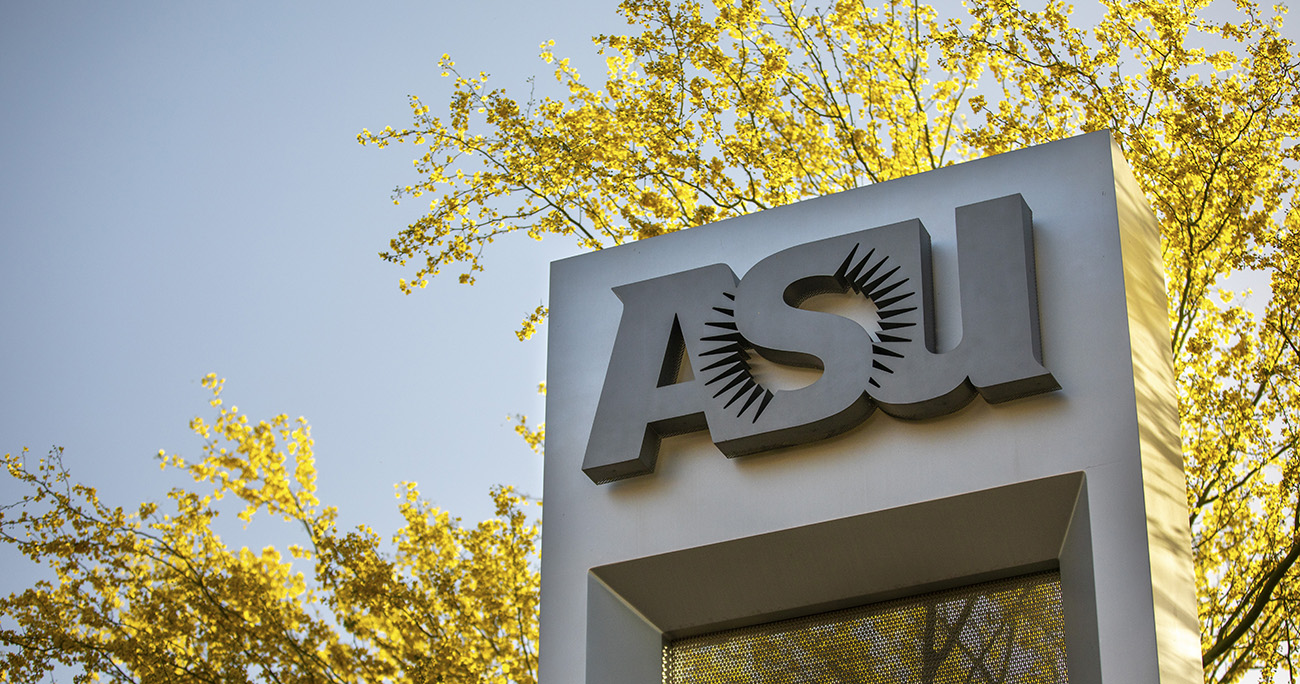Our faculty are redefining social science
Our unit includes more than 60 experts whose work bridges cultural, geographic and scientific boundaries, including six members of the National Academy of Sciences.
We are a school filled with faculty looking forward into the future of social science. Most exciting is the large cohort of transdisciplinary-minded scholars who have joined us over the last decade. They are redefining in real time how social science research and training is imagined, so that its societal impact will be even greater in the years ahead.
